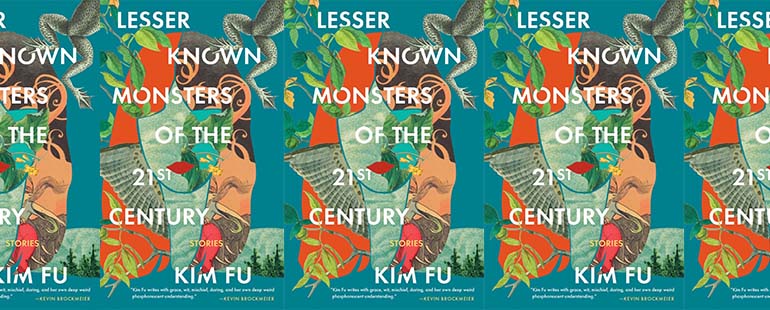

In “Time Cubes,” a depressed woman becomes fascinated by boxes sold at a mall kiosk that seemingly bend time. Fu, a Canadian expat who lives in Seattle, writes masterfully about the dawning awareness of the vast wilds beyond adolescence. The drift from innocence also imbues “The Doll,” in which a group of children encounter mortality and share possession of a haunted figurine. “Everything was baffling and secretive then, especially our own bodies, sprouting all kinds of outgrowths that were meant to be hidden, desperately ignored and not discussed, hairs and lumps that could be weaponized against us.” “The realm of pretend had only just closed its doors to us, and light still leaked through around the edges,” the narrator observes. Distilling her interest in mixing the commonplace and the magical, “Liddy, First to Fly” portrays a group of young girls whose bond is strengthened when one grows wings on her legs. The fable-like aspects of her previous material, which includes the clever volume of verse How Festive the Ambulance, bloom on these pages. These 12 pieces – among them, tales of a seductive sandman and a world robbed of the sense of taste – suggest that, more than the supernatural, the real fiends are the private dramas of the everyday. In Lesser Known Monsters of the 21st Century, she also continues to explore autonomy, as well as grief and wish fulfillment.

The ways in which identity is formed and expressed, especially among the young and female, fuel her work.įu furnishes her first collection of short stories with the fantastic. Her books – including For Today I Am a Boy, winner of the Edmund White Award for Debut Fiction – are marvels of craftsmanship and daring.

Kim Fu has always revealed a distinct creative vision.


 0 kommentar(er)
0 kommentar(er)
